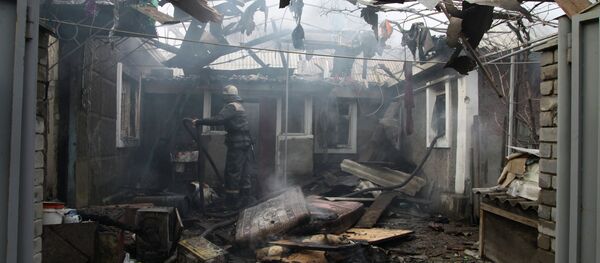“The 2015 World Press Freedom Index highlights the worldwide deterioration in freedom of information in 2014. Beset by wars, the growing threat from non-state operatives, violence during demonstrations and the economic crisis, media freedom is in retreat on all five continents,” according to the 2015 WFPI. “Two-thirds of the 180 countries surveyed for the 2015 World Press Freedom Index performed less well than in the previous year.”
Global Trends
Noticeable trends in the WPFI analysis that seem to be driving the decline consist of frozen conflicts, not-state actor reprisals, national security overreach, protest coverage hazards and dictatorial governments trying to enhance their game.
Clamping down on reporters in the name of national security was another main factor that contributed to the erosion of a free press, the RWB explained in its analysis, as the United States was joined by several other governments who use defense as a pretext to repress journalists, including Egypt, Indonesia, Ethiopia, France, Turkey and Russia.
Covering protests also became a hazardous occupation in 2014, as journalists became “the common enemy of protesters and police alike at some demonstrations,” in Turkey, Greece, Venezuela, Brazil, Bahrain, Kazakhstan and Spain.
The WPFI also indicated that authoritarian regimes have become innovative in censorship and media repression, especially in China, North Korea, Iran, Sudan, Eritrea, Saudi Arabia, Turkmenistan and Uzbekistan.
Countries/Regions
The United States fell by 3 places to 49 due to judicial harassment of investigative reporters and aggressive crackdown on whistleblowers, while the WPFI added that, “US journalists are still not protected by a federal shield law that would guarantee their right not to name their sources.”
Russia fell by 6 to 152, according to the report, as the Ukrainian crisis led to an increase in pressure on independent media, a string of laws and website blocking.
Meanwhile, Ukraine fell 2 slots to 129 over worrying signs that a newly-created information ministry may use media control to address security challenges, as a war wages in the east that has already claimed the lives of six media workers.
The WFPI reported a dramatic plunges in the ratings of countries located in the European Union-Balkans region, as the “European model,” seemed to suffer a setback, including Italy, which fell 24 places to 73 as journalists faced threats from the mafia, corrupt government and unjustified defamation suits.
The 2015 World Press Freedom Index ranks the performance of 180 countries based on the degree of freedom that journalists, news media and internet citizens, referred to as “netizens”, according to an RWB press release.
RWB is an international nonprofit organization registered in France that defends freedom of information, and has consultative status with the United Nations.




